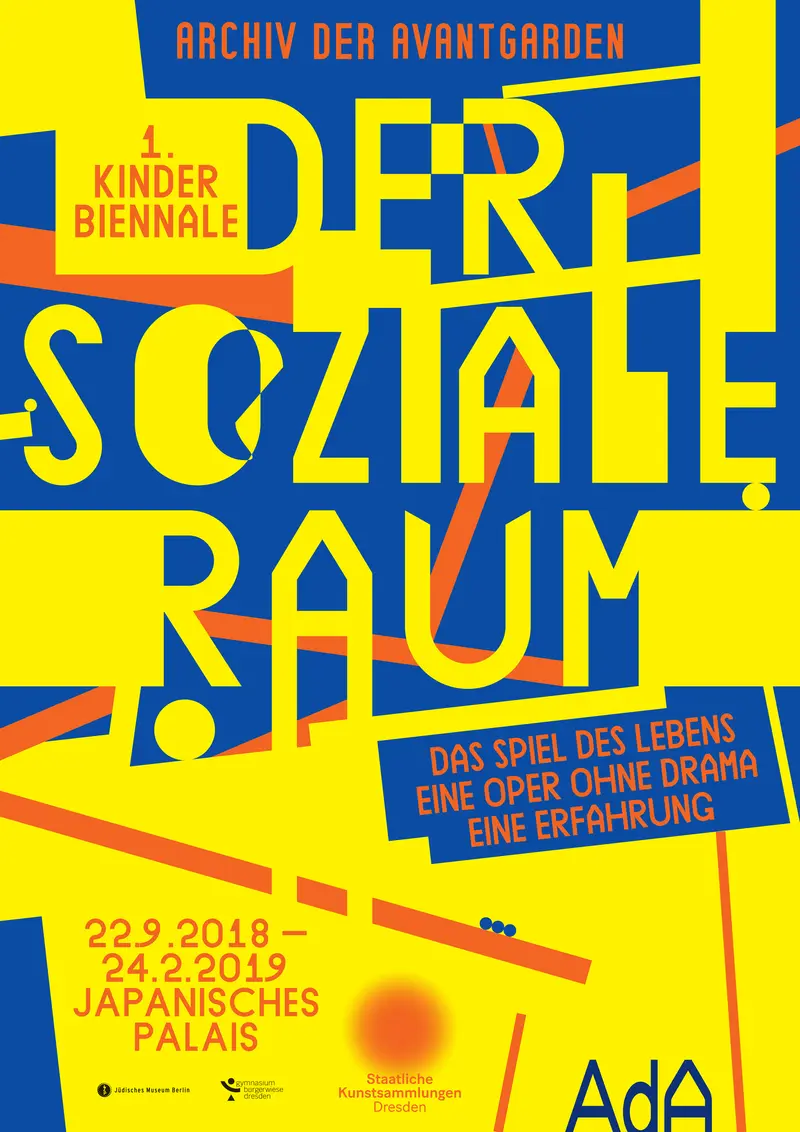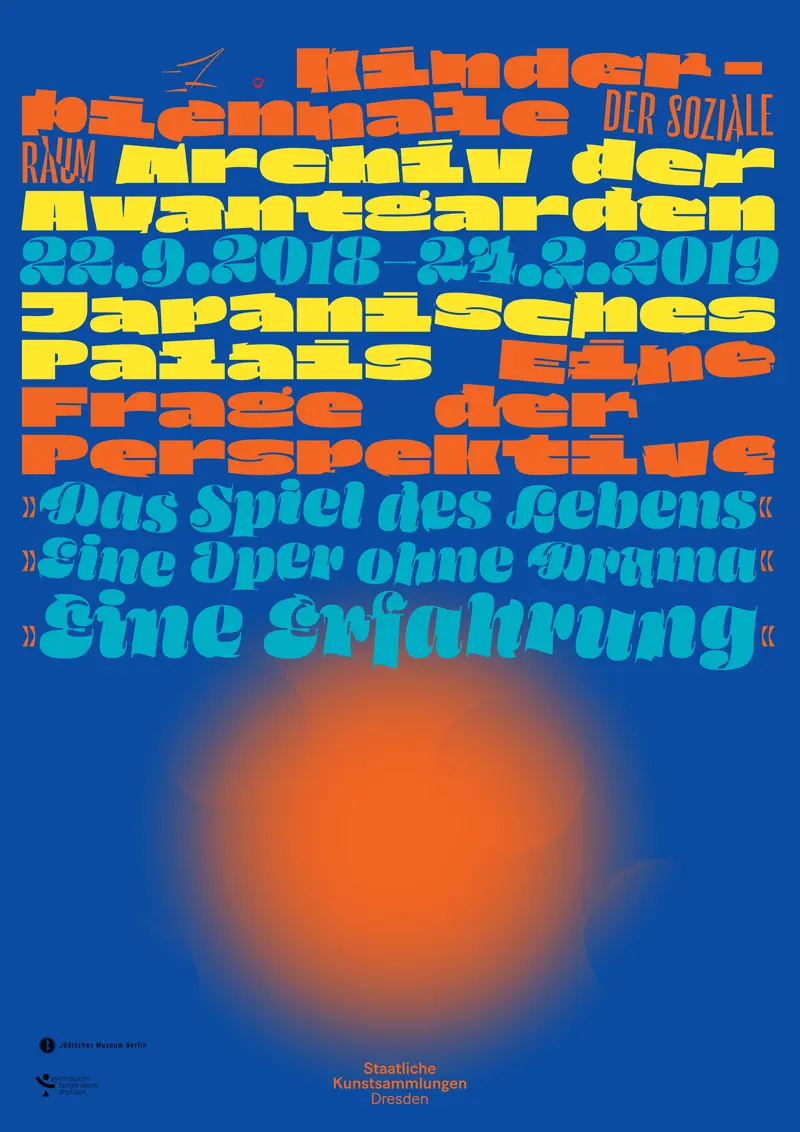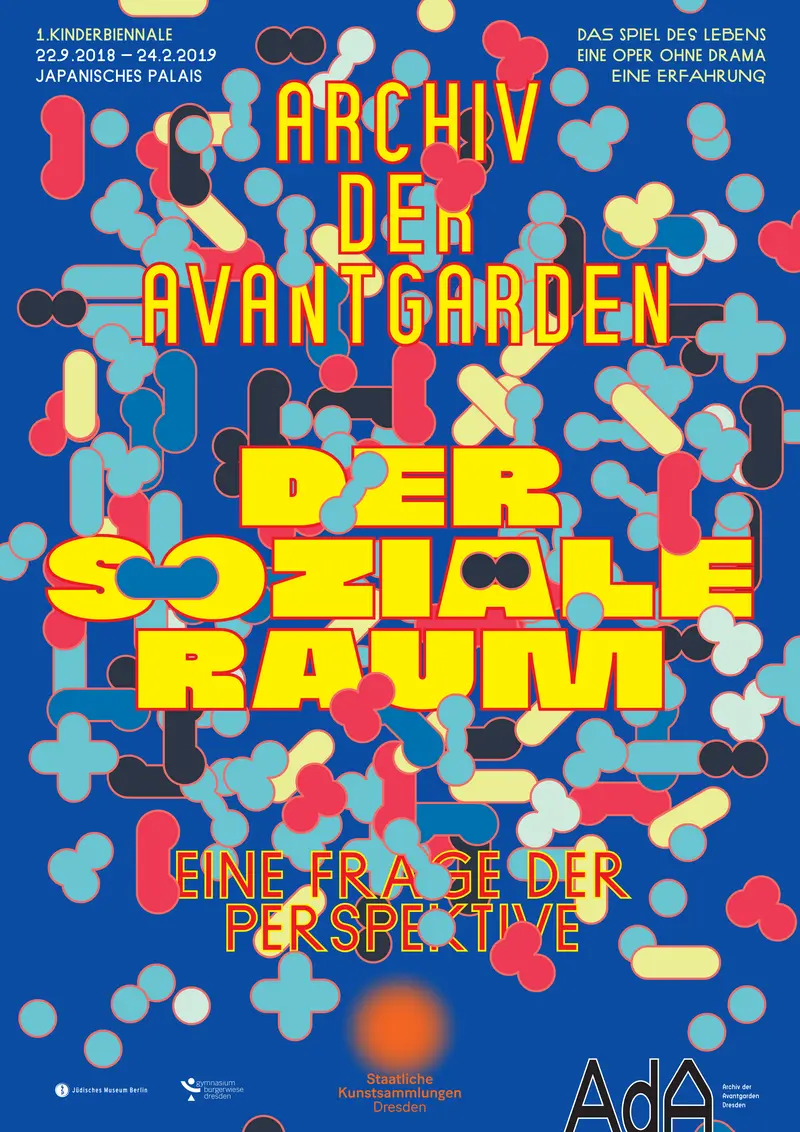Archiv der Avantgarden (AdA) within the Children's Biennial DREAMS & STORIES
The Archiv der Avantgarden (AdA) continues examining and unlocking the potential that lies in its collection by exploring documents, artworks, design objects, publications, films, and other items and objects.
With one of its structures, the AdA School – in which the institution is afforded a space to learn from the community and individual and collective experiences – the Archiv der Avantgarden has developed a special project for the first Children’s Biennale of the Staatliche Kunstsammlungen Dresden: A Matter of Perspective, in cooperation with the Jewish Museum Berlin. Using ideas and contents (ranging from artistic and pedagogic methodologies to ideas related to function and design) that were sparked by or found within the collection, the AdA has developed three projects that have been grouped together to take a closer look at the perspectives from which we may perceive time, reality, and facts.


